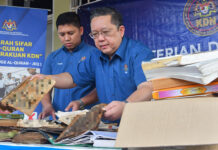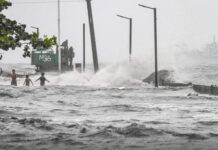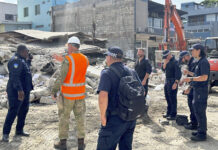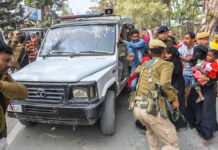WASHINGTON (AP) – About 1,000 Air National Guard troops who are assigned to space missions are mired in an identity crisis.
Torn between the Air Force, where they have historically been assigned, and the military’s shiny new Space Force where they now work, their units have become orphans, according to commanders, as state and federal leaders wrangle over whether to create a Space National Guard.
For federal authorities, the issue is mainly about the money. A Space Guard, they said, will create unneeded bureaucracy and cost up to USD500 million a year. They argue it’s too high a price to slap a new name on a patch for an airman doing the same job at the same desk as a year ago.
But state Guard leaders said what’s at stake is more than just uniform patches. They said the split has caused budgeting gaps, training delays and recruiting problems, and if unresolved will lead to bigger divisions, eroding units’ readiness in some of the nation’s critical space warfighting and nuclear command and control jobs.
The state leaders don’t buy the money argument. They said a Space Guard will be needed in only seven states and Guam, where the Air Guard members who support space missions already reside. The cost, they said, will only be about USD250,000, for new signs, tags and other administrative changes.
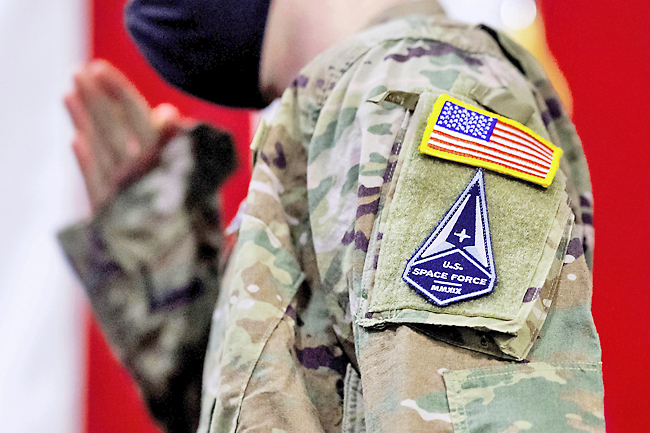
“When they removed all the space operators out of the Air Force, the Air Force no longer really does space,” said Commander of the 109th Space Electromagnetic Warfare Squadron in Guam Air Guard Lieutenant Colonel Jeremiah Hitchner.
Hitchner was referring to the decision to shift active-duty Air Force troops doing space missions into the new Space Force. “They left us in the Air Force. So we were – for lack of a better term – orphaned. We were left on our own to survive.”
Across the country, there are 1,008 Air National Guard citizen-airmen performing space jobs in Alaska, California, Colorado, Florida, Hawaii, New York, Ohio and Guam.
Many of those Guard members work with America’s highly sensitive and technical military satellite communications and missile warning systems. They are responsible for ensuring that those systems can survive and operate under all peace and wartime conditions.









